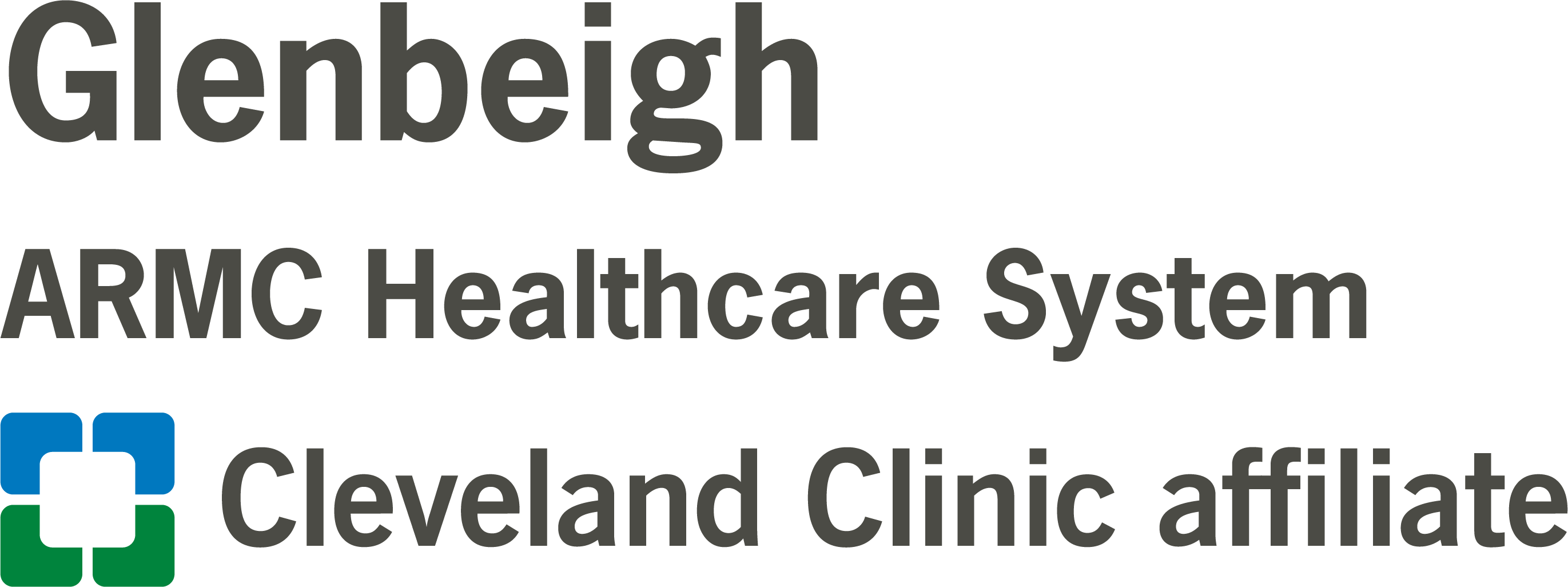Care coordinators are a crucial part of the treatment process, assisting patients during the transition from inpatient to outpatient care. Acting as advocates, care coordinators thoroughly assess the patients’ unique needs, considering factors such as medical history, mental health conditions, recovery goals and support systems. With this information, individuals are connected with appropriate resources, which may include sober living options, therapy and support groups. At Glenbeigh, our care coordinators excel in managing and monitoring the continuity of care. They collaborate closely with outpatient providers and other professionals, facilitating effective communication and information sharing. This coordination significantly reduces the risk of relapse and increases the likelihood of successful outcomes. Moreover, care coordinators tackle barriers to treatment by helping patients navigate complex healthcare systems and accessing insurance coverage. By addressing practical challenges like transportation or housing issues, care coordinators ensure that individuals can fully engage in their treatment and recovery. In essence, care coordinators are indispensable in treatment, guiding patients through the transition from inpatient to outpatient care. With their expertise, advocacy and coordination skills, they provide comprehensive support and guidance, ultimately empowering individuals to achieve lasting sobriety and improved overall well-being.
